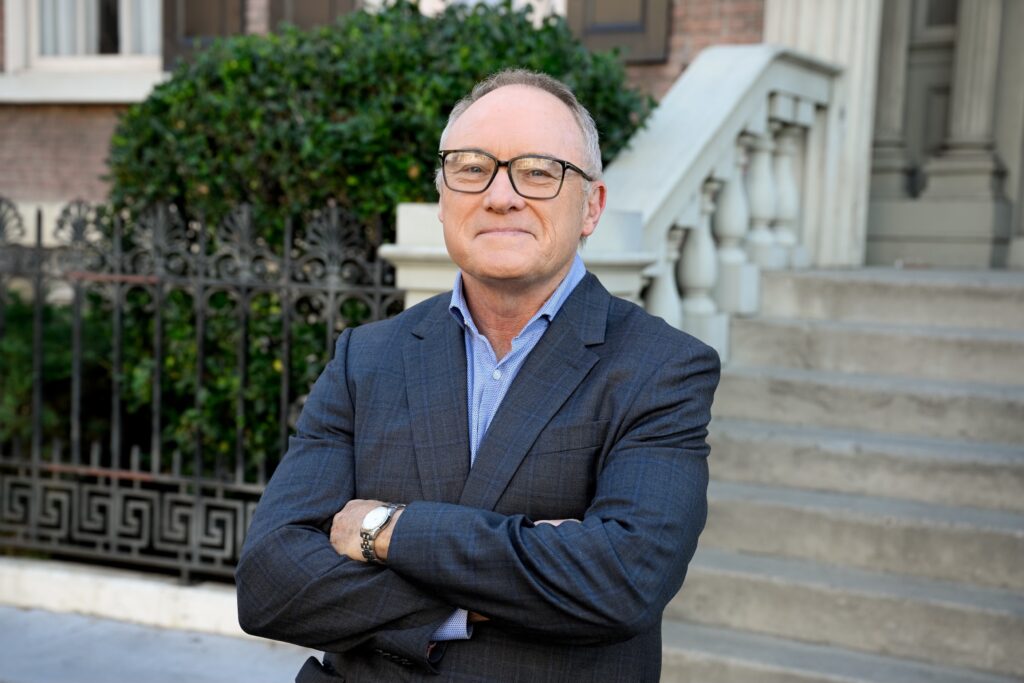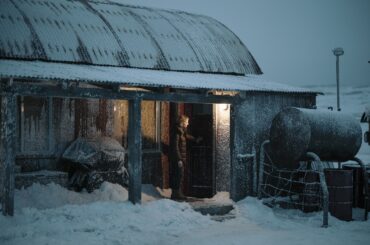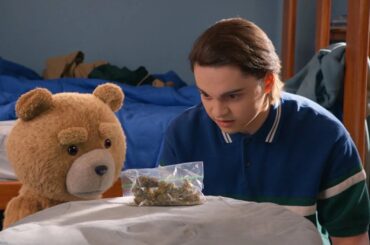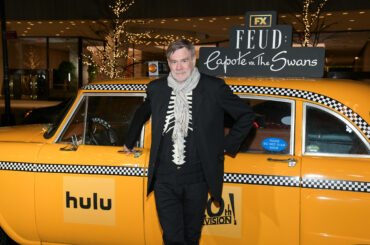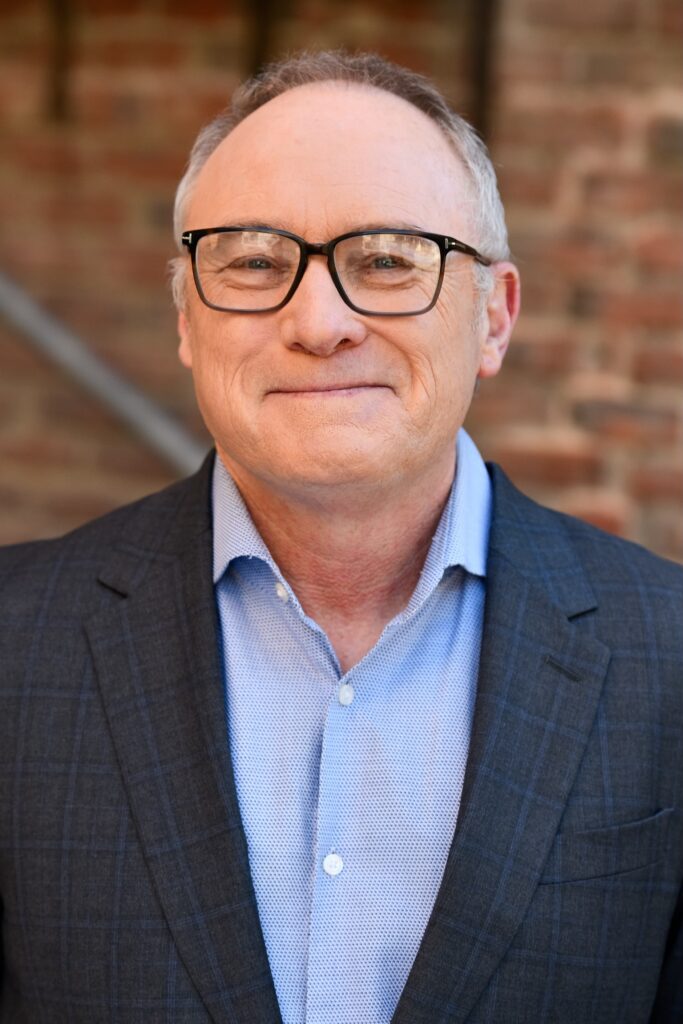
Kevin Tent is an award winning editor and current President of ACE (American Cinema Editors), the Honorary Society dedicated to educating about the art of Film Editing. Tent grew up near Buffalo, New York, and moved to Los Angeles in the ’80s where he cut his teeth in Corman World. He first edited trailers for the legendary producer, and he then went on to edit features including the cult classic Frankenhooker.
The horror fan film favorite’s poster had a pull quote from comic icon Bill Murray that read, “If you see you one movie this year, it should be Frankenhooker.”
Tent’s career took off in 1996 with his first collaboration with writer-director Alexander Payne, and he has gone on to edit all of his features including Sideways, About Schmidt, The Descendants, Nebraska, and The Holdovers. Twice nominated for the Academy Award and multiple ACE Eddie Award nominee, he won twice for The Descendants and The Holdovers. A sought-after editor, he has also collaborated with Chris Weitz, Barry Sonnenfeld, Ted Demme, and James Mangold.
Tent spoke with Immersive via Zoom recently. This conversation has been edited for clarity.
Please tell us about your start in editing with Roger Corman, who just recently passed.
I had gotten hired by Roger Corman to recut a movie called Emmanuelle 5. I guess I had done a good enough job that I met Jim Wynorski, the director of Not Of This Earth, and he asked me to cut that movie that he shot in 10 days. I just had the best time, and it was the first time that I had used footage from other movies and cut it in, and it was just so much fun. I was working for Roger Corman’s studio, and Roger was a great place to learn how to be an editor. It was a lot of fun.
Was there anything that you learned that you still use to this day?
I think that one of the things that I would take away from my experience, there are many funny stories, and again, just opportunities to be crazy and cut crazy stuff and steal footage from other movies. Since he had all the rights, he didn’t care. It was like if it made it more action-oriented or whatever, you could do it. It was just very kind of free.
I would say one thing is that you had to be ahead of him because he had very little patience for when things got slow. I learned to try to be one step ahead of him, and if there was a slow scene coming up, you did your best to make sure that it would zip along so that he wouldn’t grow impatient. He could be pretty brutal in the cutting room, which is also a good thing to learn, too, because you can see that many things can survive with stuff you don’t think you need or you think you do need.
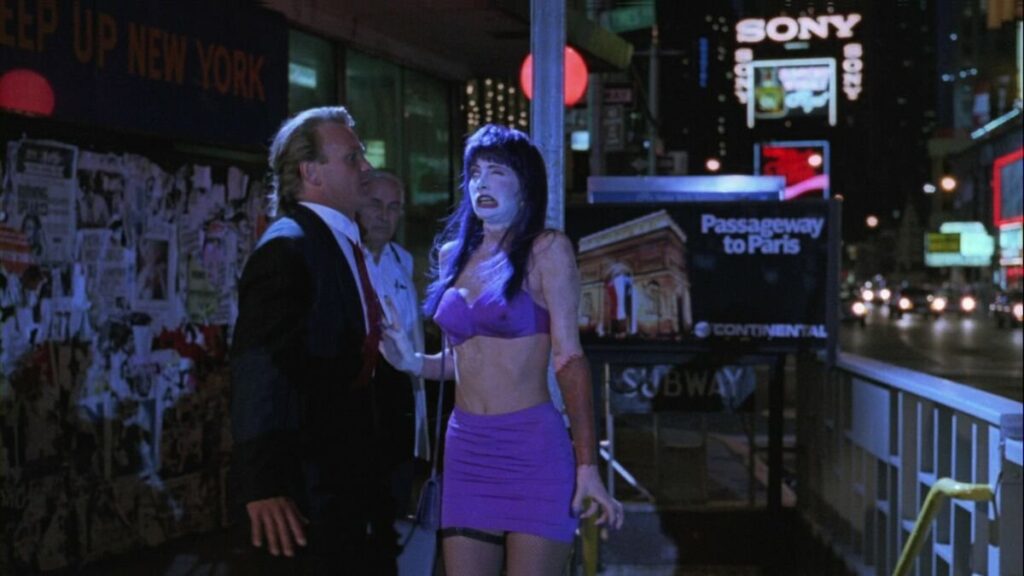
How’d you get involved with Frankenhooker?
I had done a lot of trailers and then I was offered these two low-budget movies that Frank Henenlotter was doing, Basket Case 2 and Frankenhooker. Frank and I think we did a good job and we had a lot of fun. I kept it on my resume for years, you would be on an interview and I would see their eyes go down, and then they go, “Oh, you cut Frankenhooker.” It would be like clockwork. It would always work.
Tell me about when you first got involved with Alexander Payne.
I had been cutting for about maybe about 10 years. I’d been working for Roger Corman off and on, and I would be doing pretty much whatever I could do, trailers, whatever. Alexander got his first feature, Citizen Ruth. We had a mutual friend and we both lived in Silver Lake and we had circles of friends that we all knew, but we never had met. I never knew who he was or anything like that. We only discovered that after we started working together.
I interviewed him, and I think he very much liked the idea that I had worked for Roger Corman. He stuck with me because they were dangling big editors in front of him with lots of credits and stuff like that. He told me once that he wanted to grow up with an editor and not have a granddaddy editor in the cutting room, so that was maybe something he was looking for. He’s an amazing director and super collaborative, and he picks his people well.
How did that lead to his other films?
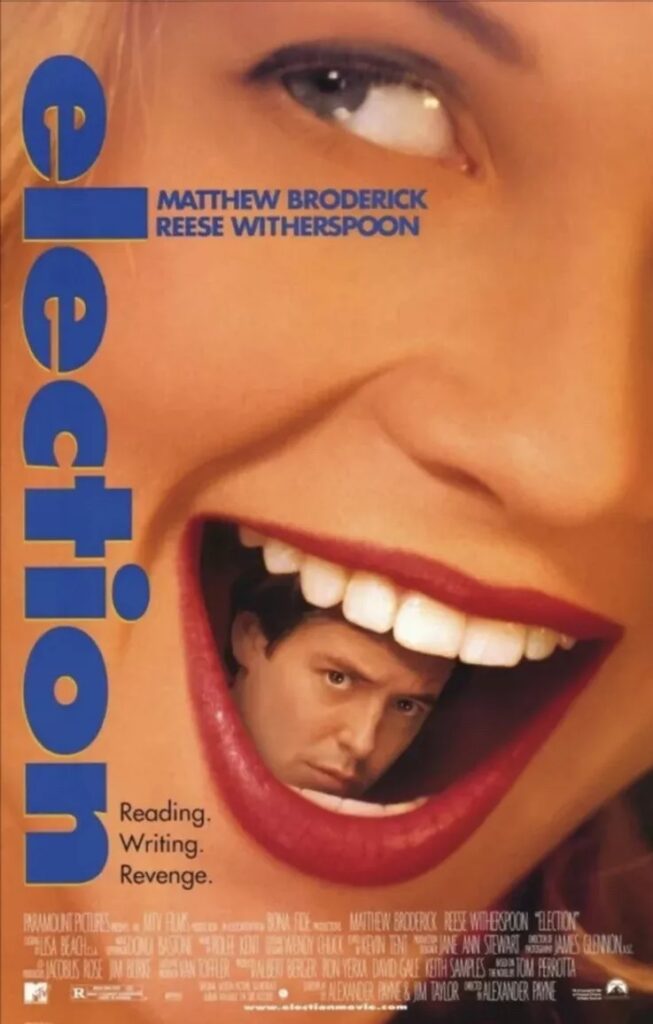
He is loyal, sowhen he had Election coming up, he asked me to do that and that one was anyone who had anything to do with that got a huge career bump. Interestingly enough the original ending to Election was poignant, and it didn’t work because people were laughing so hard at the movie, and then at the end, we got serious and it was kind of heartfelt, and the audience was just like, what are you doing? That’s not fair and it kept testing poorly.
Alexander ended up getting a poignant ending to About Schmidt, where he gets the letter from the nun at the end of the movie, and he cries, which in that movie, it works, but on Election, it didn’t work, but it was something he wanted to try and do, and I think he was successful.
Does he ever give you movie homework? I know some directors do this, like Scorsese, who gives his people movies, like, “We’re kind of going for this vibe.”
If Alexander sees a great movie that he hasn’t seen for a long time, he has such a filmography in his head, and that was something that I had to catch up with, and I’ll never catch up with him. I didn’t have that upbringing, and I didn’t go to UCLA and watch films, three or four films a day, but I’ve tried to catch up. But he’ll often say, “Oh, I just saw this again. You’ve got to see it,” and I’ll watch it and I’ll watch it. Sometimes it’s related to things we’re going to maybe work on, other times it’s not.
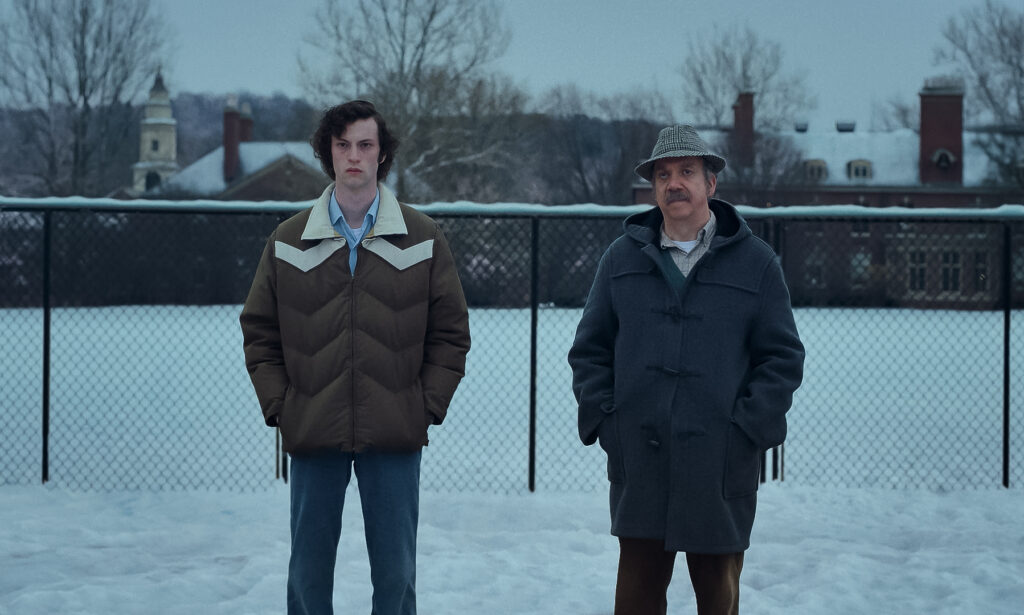
Your most recent collaboration, The Holdovers is an excellent film. Tell me a little bit about working on that.
Well, we had a great script. We had great actors, and we had a great director, and editing is a lot easier when you have those elements. So it wasn’t a particularly difficult film to cut, and we had a good time editing it. We had our usual challenges, which are pace and keeping it moving. I think we lost about maybe 40 minutes or something like that. But a lot of it was internal tightening within scenes, dropping some scenes that were just nothing special.
It was a great experience working on it with Alexander again, and it was so well-received, and you never know what’s going to happen. So I was happy. I was very proud of it when we were finishing it, but I had no idea how it would play for an audience. I knew I thought it was good, but you just never know what’s going to happen.
Was Hal Ashby’s The Last Detail much of an inspiration? I know Payne is a fan, and while it differs in plot, on an emotional and aesthetic level it has a kinship.
The one thing I will say about The Last Detail, I think I’ve heard Alexander make a connection to it at a Q&A, but we both love that movie. I worked with Ted Demme a long time ago [on Blow], and that was one of his favorite movies; I still have his personal copy of it. I think I had already watched it, and Alexander had watched it, and we talked about, there’s a couple of really long dissolves in that movie, and we love them. We have always done dissolves, and people keep saying, that when the movie came out, people would go, “You guys rediscovered dissolves.” We’re like, “We do it all the time.” They worked in this film, maybe it took place in the seventies, and they kind of resonated with people a little differently.
How did you get involved with ACE? When did you become a member and get involved with leadership?
I joined the board maybe about 10 years ago. I got elected, which was great. I believe in everything they do. People are taking notice of what editors do and what our contributions are to film, and I think it’s finally taking off. I can only tell you that I think it is because of the interest we have in people joining the organization wanting to be a part of it and wanting to continue promoting what we do.
About four years ago, I was elected president, which was crazy. I couldn’t believe that I won. I’ve been trying to be the best president I possibly can, and I’ve learned a lot, and it’s been a tumultuous time. I became president when the pandemic hit, so we had to rethink things and figure out how we were going to do our award ceremony and stuff like that. But we have a great team that runs it. Our executive director, who’s been running it for about 25 years is amazing, Jenni McCormick. I’m going to be termed out this year, so this will be my last year, but it’s been an exciting run.


